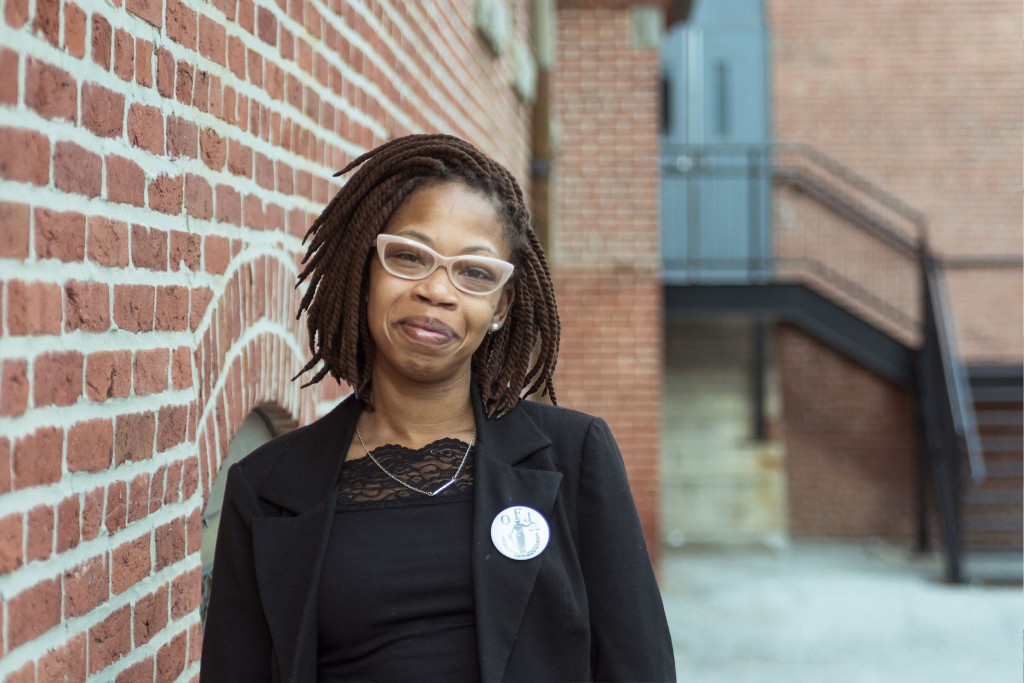[ad_1]
By AFRO Staf
“When I’m released, I have no job, no car, no license, no clue how to get around, no money management training,” said a woman who was not identified by name, but recently spoke to members of Out For Justice, the organization, which advocates for criminal justice reform. “I’m thrown into society with no sense of navigation. The bottom line is that transitioning is really impossible in this setting.”
A major impediment for women transitioning from incarceration back into society is the lack of a pre-release facility specifically for women in Maryland. It is one of several challenging scenarios women in Maryland’s prison system face, challenges Out For Justice (OFJ) is fighting to resolve during the current legislative session.

On Jan. 27, the group held a press conference in Annapolis to bring attention to a package of bills, “focused on equitable resources for women’s pre-release. Currently, Maryland does not operate a separate brick and mortar pre-release facility for women, even though the share of women as a percentage of the state’s total prison population is growing,” said OFJ in a statement.
OFJ’s three bills are being sponsored on the Senate side by Sen. Mary Washington (D-Baltimore City), who is also a candidate for Baltimore mayor.
“These bills ensure that, regardless of state leadership, women are promised the same opportunities as men to build prosperous lives in their communities and with their families after incarceration,” said Washington. “I am honored to have worked with such resilient advocates on these bills, and we will continue fighting for a system that promotes equity and justice.”
On the House side the legislation is sponsored by Del. Charlotte Crutchfield (D-Montgomery County).
“Women in the Maryland Correctional Institute for Women deserve an opportunity to be successful in the same manner as incarcerated men in our State,” Crutchfield said. “They should be given fundamental access to the services and resources of a pre-release unit.”
According to Nicole Mundell, Executive Director of OFJ, the measures will legally require that the Maryland Department of Public Safety and Correctional Services open a pre-release center for women that provides trauma-informed and gender-responsive services. One bill also requires the women’s pre-release center to be located in the zip code where most women will be returning home.
“Women’s re-entry is often overlooked in our conversations about criminal justice reform. It is critical that we fix the unjust disparity between the pre-release services offered to men and women in our state,” Mundell said. “Right now, women lack the opportunities and resources needed to prepare for release. This package of legislation represents a major step towards meaningfully increasing women’s opportunities for successful re-entry.”
The disparity between the treatment of men re-entering society after incarceration versus women facing the same challenges is stark according to OFJ and other advocates.
Maryland offers multiple standalone, pre-release and minimum-security facilities for men transitioning back into their communities after serving a prison sentence, but not for women who have the same pre-release status.
“This is a Title IX issue, there is zero justification for excluding women from access to a separate brick and mortar pre-release center,” said Monica Cooper of the Maryland Justice Project. “As a society, we should insist that women receive fair and equal treatment under the law.”
[ad_2]
Source link
